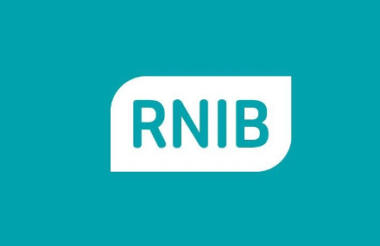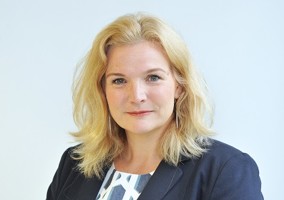The RNIB is moving from its current five-year strategy to a more informal process that relies more on feedback and input from beneficiaries, its chair has said.
The RNIB currently has a group strategy covering the period from 2014 to 2019, but Eleanor Southwood, who became chair last year, said that elements of this were already out of date.
In an interview with Civil Society News, published today, she said she wanted to move to a three-year rolling process.
“We want to create a sense of community,” she said. “We want to be completely driven and led by our community. We’re here to facilitate whatever that community want and need from us.”
She said that RNIB had in the past been seen as “an organisation which knew a lot about blindness, but not a lot about blind people” and this was not what she wanted.
She said the change would lead to more uncertainty but a better service for users.
“Moving to a business planning cycle will mean that evolution and change will be more a part of things,” she said. “I don’t want to create more uncertainty than necessary for the people working here, but we need to be sure we’re making the brave decisions and doing what our community needs.
“Some of our services and the ways we’ve worked have not been sustainable. We can’t carry on as we are just because we don’t want to rock the boat.”
Too many charities
Southwood also reiterated a commitment to merger where appropriate. She said she thought there are “too many charities for blind people”.
She said she herself was paid, and she favoured paying other trustees where appropriate.
“If you’re serious about diversity, then pay should be a possibility,” she said. “Most people with sight loss don’t have a job, and we want them to be able to give up their time.”
Related articles












